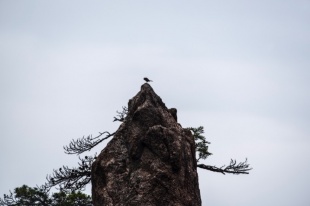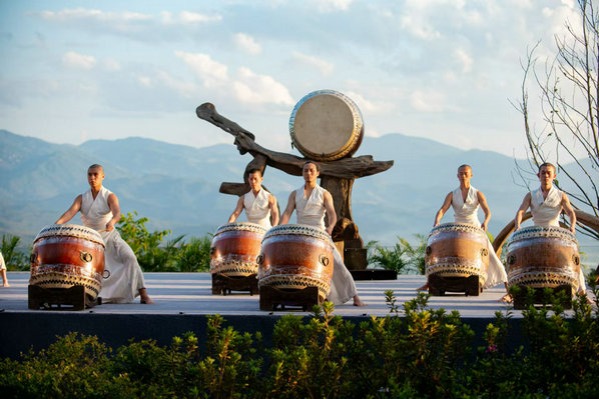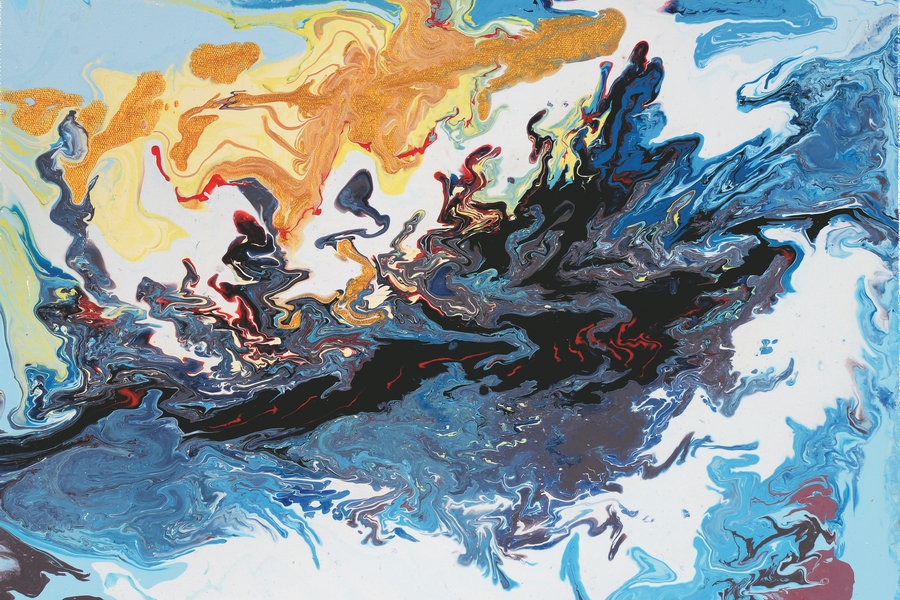'Chance favors the prepared mind': the landscape photographs of Zeng Yicheng


Socrates suggested that "the unconsidered life is not worth living," and much of what we think of as the activity of photography strikes us, with good reason, as frivolous, superficial, and, as Socrates would have it, unconsidered. From the relentless celebrity-chasing of the paparazzi and the trendy, melodramatic glamor of fashion shoots in the professional sphere to the repetitive, carelessly madetourist snapshots and endless casual selfies in the amateur realm, most of the world's usage of this medium seems irretrievably trivial, disposable, and unreflective.
We might think of that as inevitable, given that photographic negatives register only the light that bounces off the surfaces of objects. Yet, as Zeng's work demonstrates, some photographers have taken those optical-chemical facts, and their ostensible limitations, as a welcome challenge, an invitation to explore ways of investigating that light -- of finding out what can be learned from surfaces, and how that knowledge can be used to penetrate them.
Photography as a conscious form of spiritual practice can be said to start, in the west, with the work of Minor White(1908-1976). White brought to his efforts as an influential photographer, theoretician, teacher, writer, editor, and curator an idiosyncratic blend of Christian mysticism and Buddhist philosophy. Eventually he would claim that the photographer's engagement with light as raw material took place on different levels of consciousness, which he attempted to define in his last major effort, a group show and monograph titled Light (light to the seventh power).




































